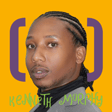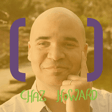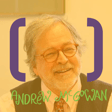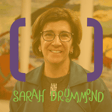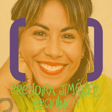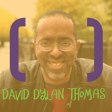
Rabbi Emily Cohen: Find Your Tribe. Tell Your Story. Make it Yours.
What does progress and change look like in contemporary Judaism? What do Hamilton and Passover share in common? Where’s the best 3-dollar-slice in Brooklyn? Emily Cohen is a Reconstructionist Rabbi serving the West End Synagogue in NYC, and a keen choral musician. She is a founding member of Tirdof: New York Jewish Clergy for Justice.
CONTENT WARNING: indirect discussion of anti-semitism, white privilege and supremacy, COVID, discussion of discrimination against patrilineal Jews, non-Ashkenazi Jews, and queer jews.
Rabbi Emily talks about Reconstructionist Judaism, writing the Hamilton Haggadah and getting it in front of Lin Manuel Miranda, the importance of Passover and storytelling, her writings on HeyAlma and the work of raising rabble to bring more marginalized voices to the center. She talks about the challenges of marriage in patrilineal Judaism and what a future for a more united Jewish people could look like.
And Gritty. It Gritty.
Check out Emily’s website: https://rabbiemilycohen.com
Subscribe to Emily’s Substack: https://morethanfourquestions.substack.com/
Follow Emily on Twitter: http://twitter.com/ThatRabbiCohen
Follow Emily on IG: www.instagram.com/em.cohen
Check out Emily’s article about marriage and patrilineal Judaism: https://www.heyalma.com/why-my-rabbi-had-to-leave-the-conservative-movement-to-officiate-my-wedding/
Check out Emily’s Podcast, Jew Too?: Tales of the Mixed Multitude: https://www.jewtoopodcast.com
Check us out on Instagram and TikTok: www.instagram.com/uncommongoodpod Subscribe to our YouTube Channel: youtube.com/@uncommongoodpod
we chat to ordinary people doing uncommon good in service of our common humanity.
We are creating community that builds relationships across difference by inviting dialogue about the squishy and vulnerable bits of life.
thanks for joining us on the journey of (un)common good!
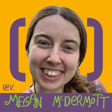
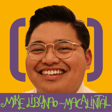
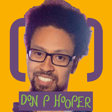
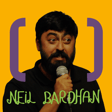
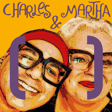
![BONUS: [moim] Gathering, David Rubenstein Atrium at Lincoln Center image](https://media.zencastr.com/cdn-cgi/image/width=112,quality=85/image-files/62b64321a33e0c0035b4bc2e/a5bd46bd-6072-4365-94bb-c1391a3e5105.jpeg)



